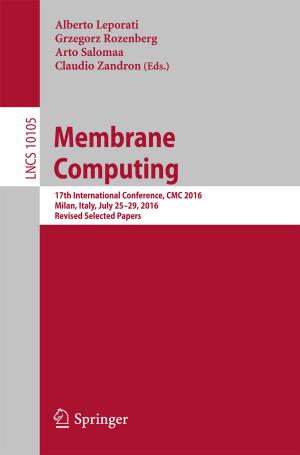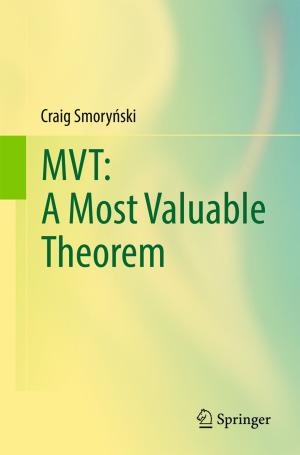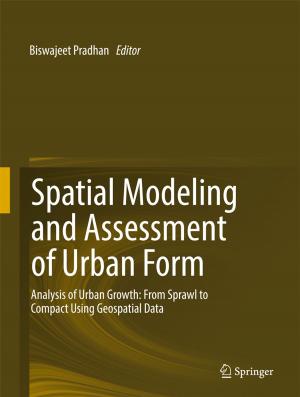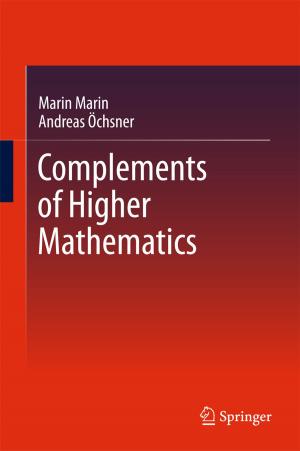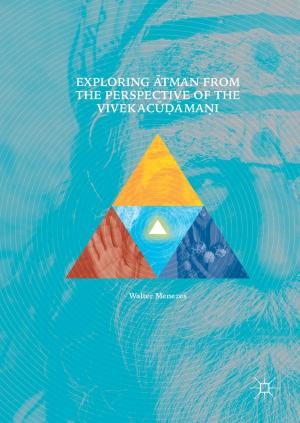Studies on Binocular Vision
Optics, Vision and Perspective from the Thirteenth to the Seventeenth Centuries
Nonfiction, Science & Nature, Science, Other Sciences, Philosophy & Social Aspects, History| Author: | Dominique Raynaud | ISBN: | 9783319427218 |
| Publisher: | Springer International Publishing | Publication: | September 26, 2016 |
| Imprint: | Springer | Language: | English |
| Author: | Dominique Raynaud |
| ISBN: | 9783319427218 |
| Publisher: | Springer International Publishing |
| Publication: | September 26, 2016 |
| Imprint: | Springer |
| Language: | English |
This book clarifies the interrelationship between optics, vision and perspective before the Classical Age, examining binocularity in particular. The author shows how binocular vision was one of the key juncture points between the three concepts and readers will see how important it is to understand the approach that scholars once took. In the Middle Ages and the Renaissance, the concept of Perspectiva – the Latin word for optics – encompassed many areas of enquiry that had been viewed since antiquity as interconnected, but which afterwards were separated: optics was incorporated into the field of physics (i.e., physical and geometrical optics), vision came to be regarded as the sum of various psycho-physiological mechanisms involved in the way the eye operates (i.e., physiological optics and psychology of vision) and the word ‘perspective’ was reserved for the mathematical representation of the external world (i.e., linear perspective).
The author shows how this division, which emerged as a result of the spread of the sciences in classical Europe, turns out to be an anachronism if we confront certain facts from the immediately preceding periods. It is essential to take into account the way medieval scholars posed the problem – which included all facets of the Latin word perspectiva – when exploring the events of this period. This book will appeal to a broad readership, from philosophers and historians of science, to those working in geometry, optics, ophthalmology and architecture.
This book clarifies the interrelationship between optics, vision and perspective before the Classical Age, examining binocularity in particular. The author shows how binocular vision was one of the key juncture points between the three concepts and readers will see how important it is to understand the approach that scholars once took. In the Middle Ages and the Renaissance, the concept of Perspectiva – the Latin word for optics – encompassed many areas of enquiry that had been viewed since antiquity as interconnected, but which afterwards were separated: optics was incorporated into the field of physics (i.e., physical and geometrical optics), vision came to be regarded as the sum of various psycho-physiological mechanisms involved in the way the eye operates (i.e., physiological optics and psychology of vision) and the word ‘perspective’ was reserved for the mathematical representation of the external world (i.e., linear perspective).
The author shows how this division, which emerged as a result of the spread of the sciences in classical Europe, turns out to be an anachronism if we confront certain facts from the immediately preceding periods. It is essential to take into account the way medieval scholars posed the problem – which included all facets of the Latin word perspectiva – when exploring the events of this period. This book will appeal to a broad readership, from philosophers and historians of science, to those working in geometry, optics, ophthalmology and architecture.

